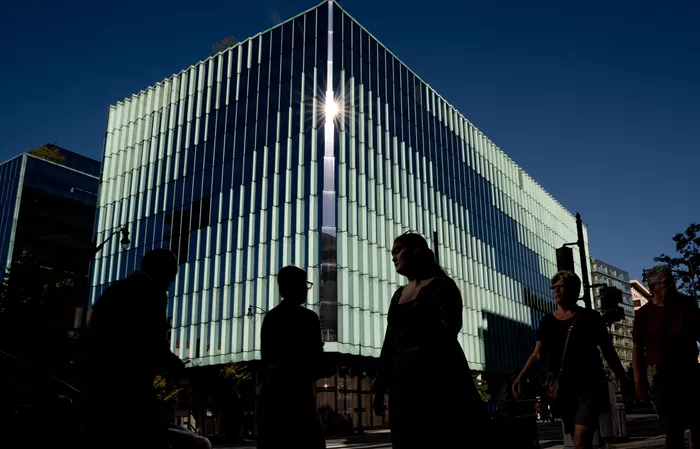A group of hedge funds that invested in Fannie Mae and Freddie Mac years ago could soon see large returns if the Trump administration succeeds in taking the mortgage giants public. However, this move could disrupt the $12 trillion U.S. mortgage market.
Last month, President Donald Trump announced plans to end the 17-year federal conservatorship of Fannie Mae and Freddie Mac by making them public companies. These two firms have been key to the U.S. housing finance system by providing liquidity to mortgage lenders.
Experts warn that removing government control might increase mortgage rates and limit access to popular loans, such as the 30-year fixed mortgage, at a time when many Americans struggle with housing affordability. Senate Democrats recently urged the Federal Housing Finance Agency to pause the privatization efforts, citing concerns over higher costs for homebuyers.
Among investors eagerly awaiting this change is billionaire Bill Ackman, whose hedge fund Pershing Square Capital is one of the largest holders of Fannie and Freddie shares. Ackman has been vocal about helping shareholders exit conservatorship.
Other notable hedge fund investors like Carl Icahn and John Paulson also hold stakes in these companies, though their current positions are unclear.
Taking Fannie and Freddie public would be a massive financial event. Their combined net worth exceeds $150 billion, potentially surpassing the largest IPO ever, Saudi Aramco’s $26 billion debut in 2019. However, experts say the process would be complex and challenging.
Fannie and Freddie support over half of U.S. mortgages by buying loans from lenders and packaging them for investors. This system helps keep mortgage rates affordable. But without a government guarantee, lenders might charge higher rates, especially to low-income borrowers, to offset risk.
Senate Democrats accuse the Trump administration of prioritizing profits for wealthy investors over affordable housing. They worry that privatization could harm millions of Americans seeking home loans.
Critics also argue that returning Fannie and Freddie to their pre-crisis structure could recreate the risky system that contributed to the 2008 financial meltdown.
President Trump has said the government would maintain implicit guarantees even after the companies go public, but experts doubt this assurance alone will calm investors or prevent higher borrowing costs.
Rising mortgage rates would add to the challenges faced by homebuyers, who have already been hit by increased borrowing costs following Federal Reserve interest rate hikes.
In summary, while hedge funds stand to gain billions from a Fannie Mae and Freddie Mac spin-off, the move carries significant risks for the broader housing market and American homebuyers.
Read more:


